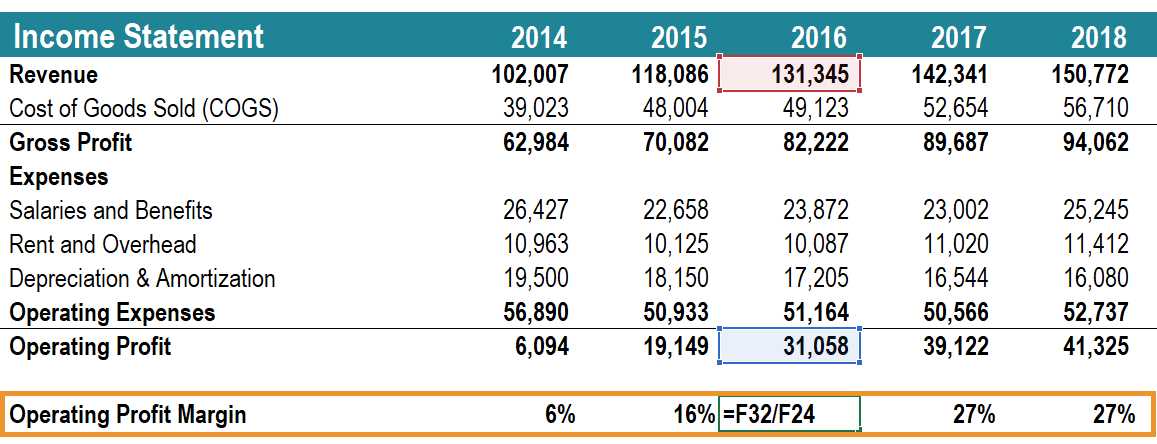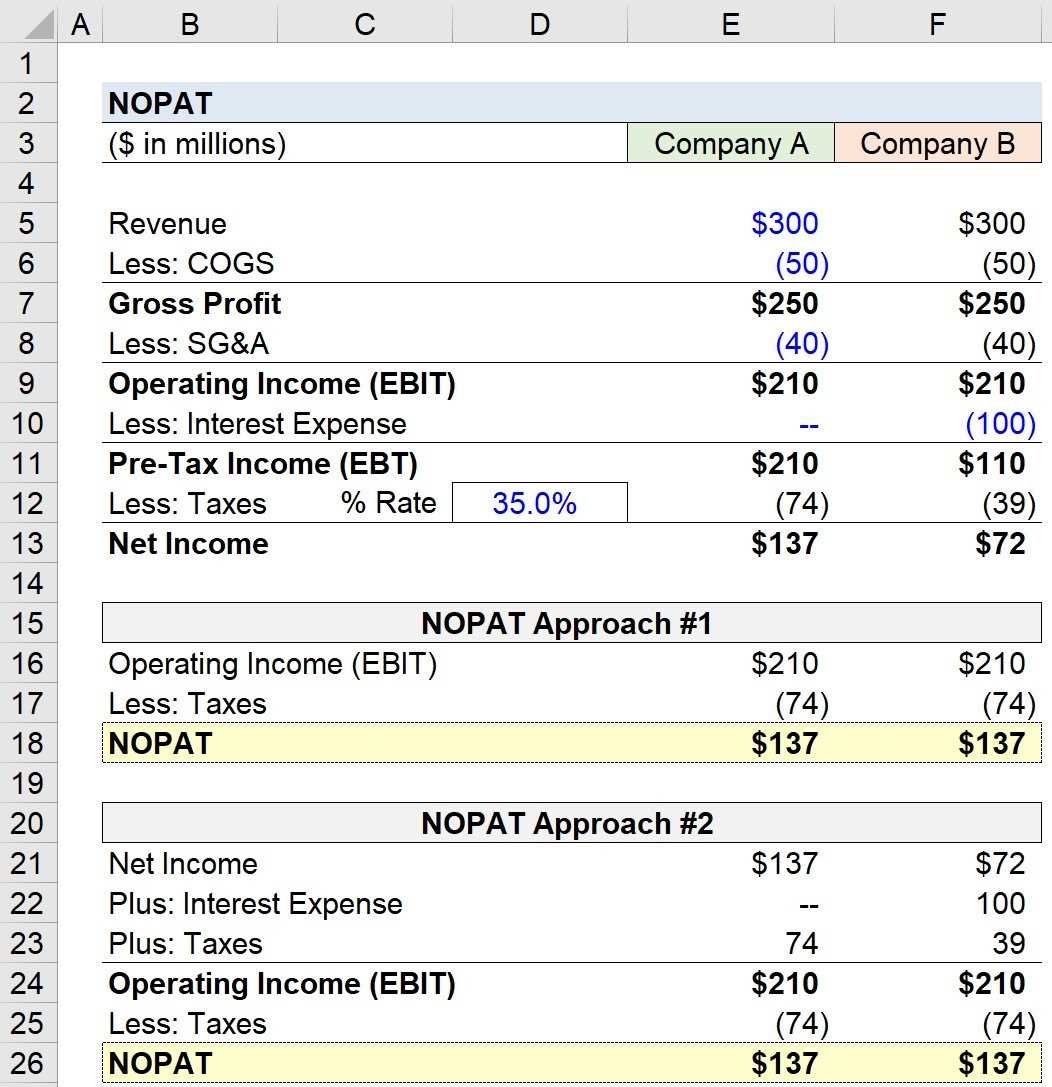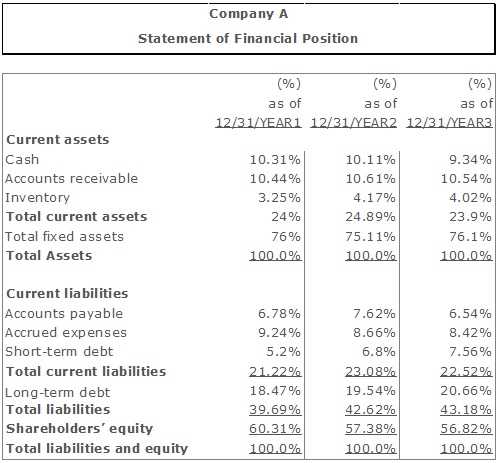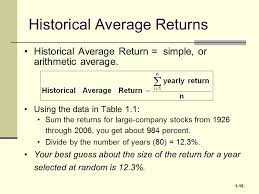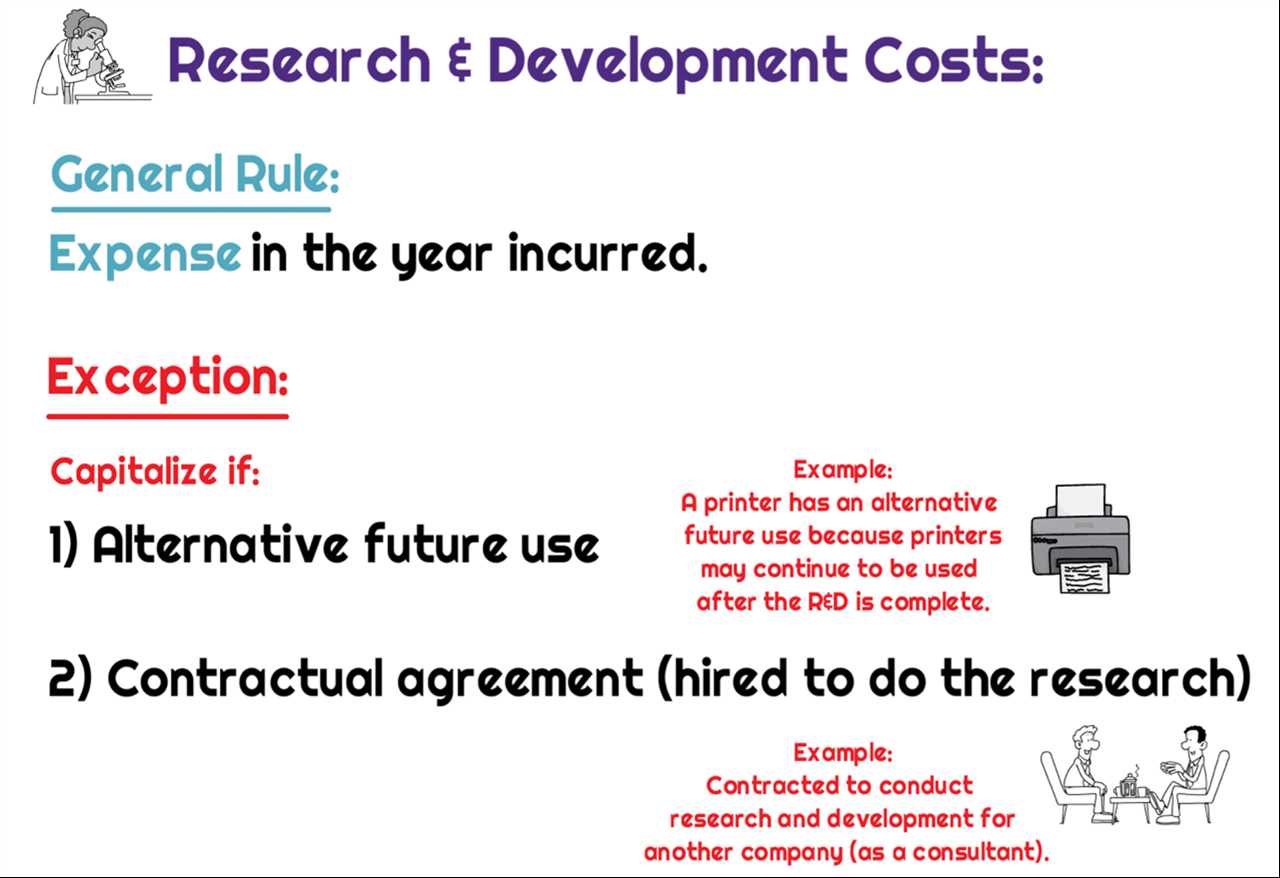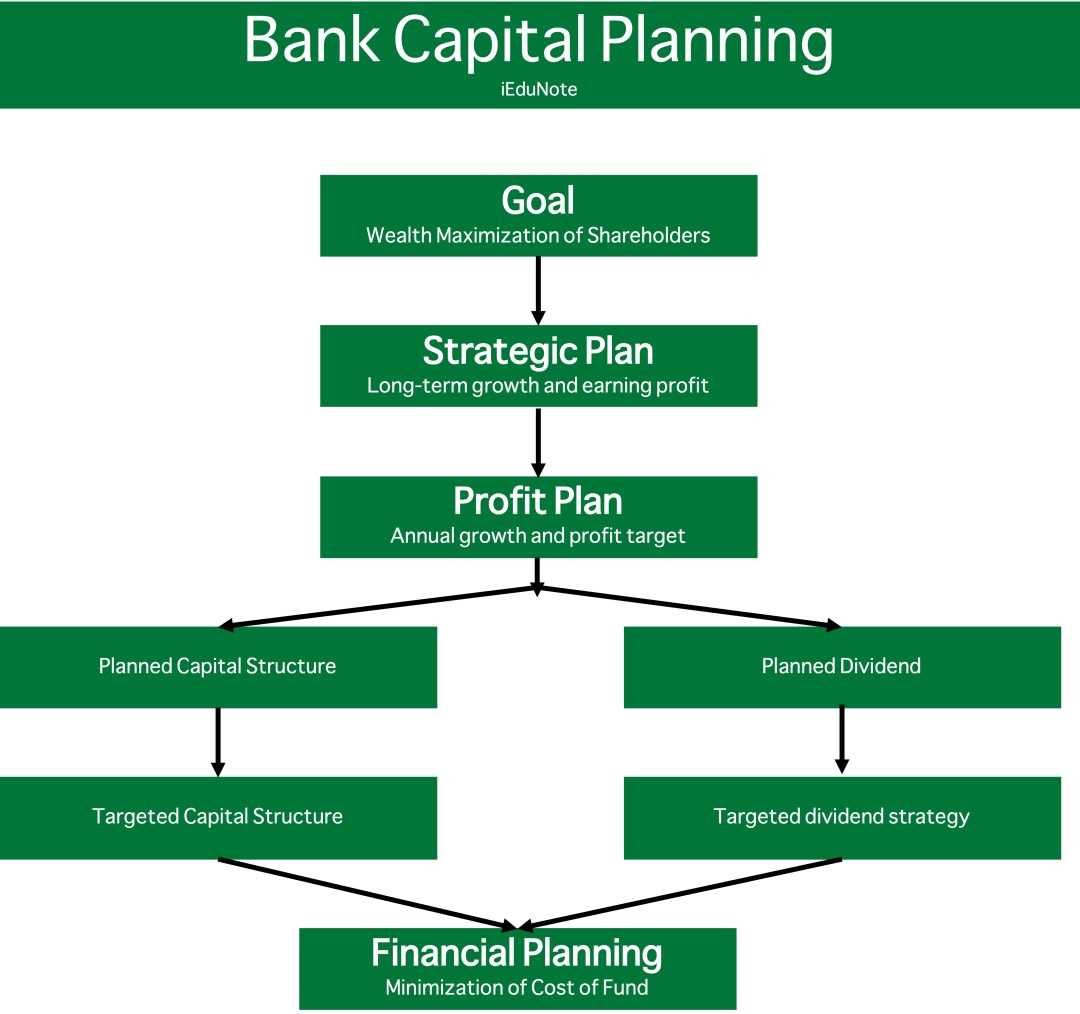Understanding Year to Date (YTD) and Its Practical Applications
What is Year to Date (YTD)? Year to Date (YTD) is a financial term that refers to the period of time from the beginning of the current year up to a specified date. It is commonly used in financial statements and reports to analyze the performance of a company or … …










